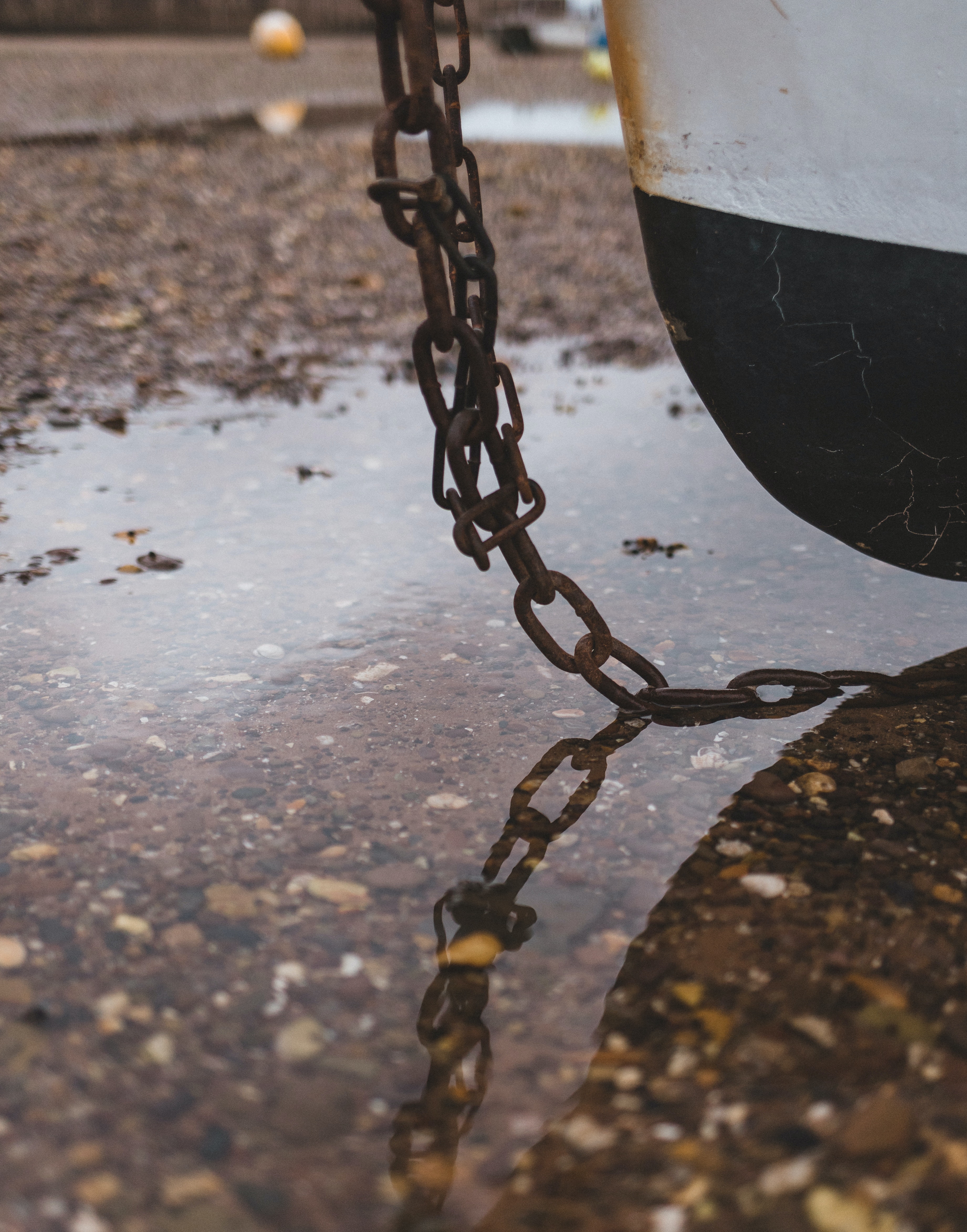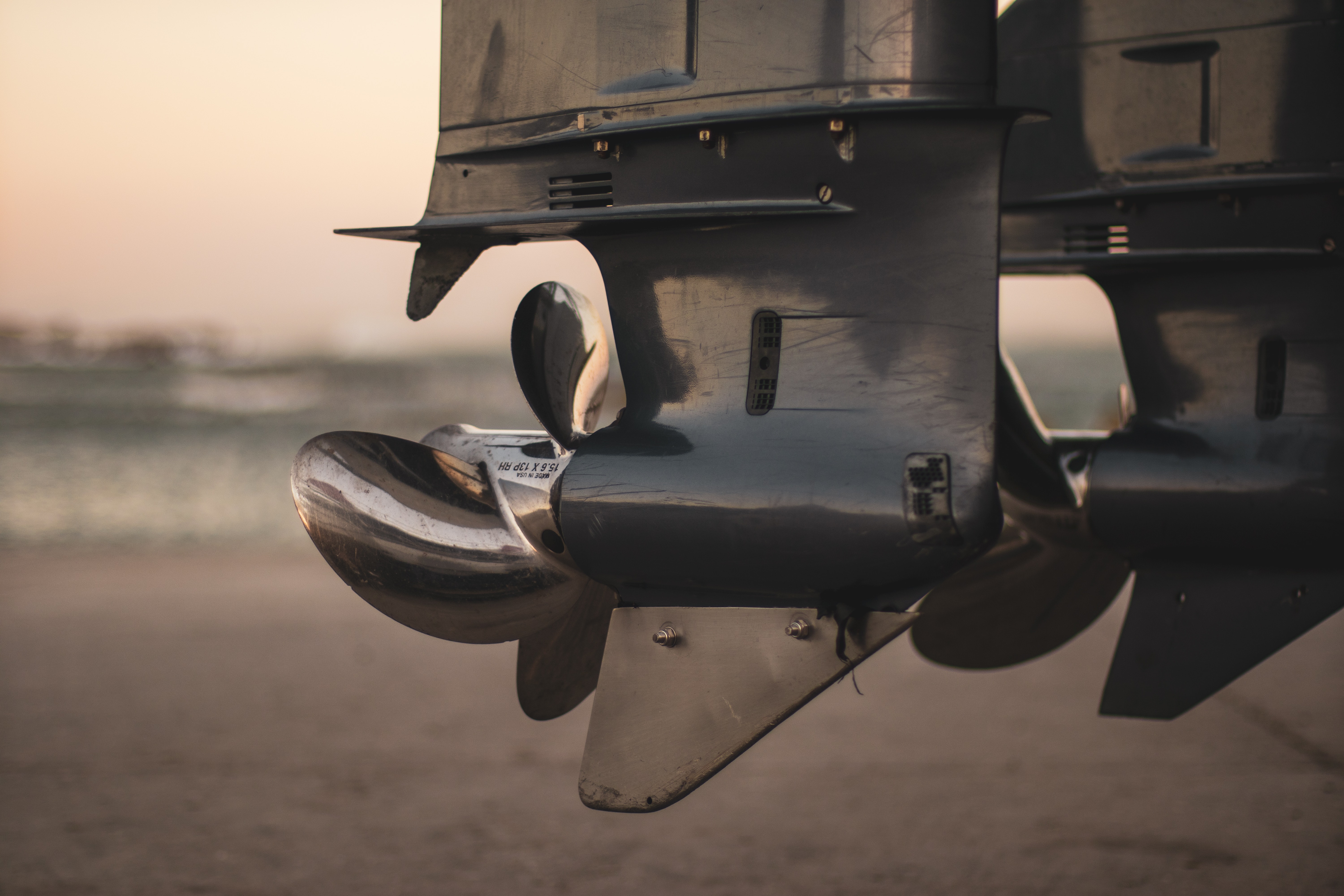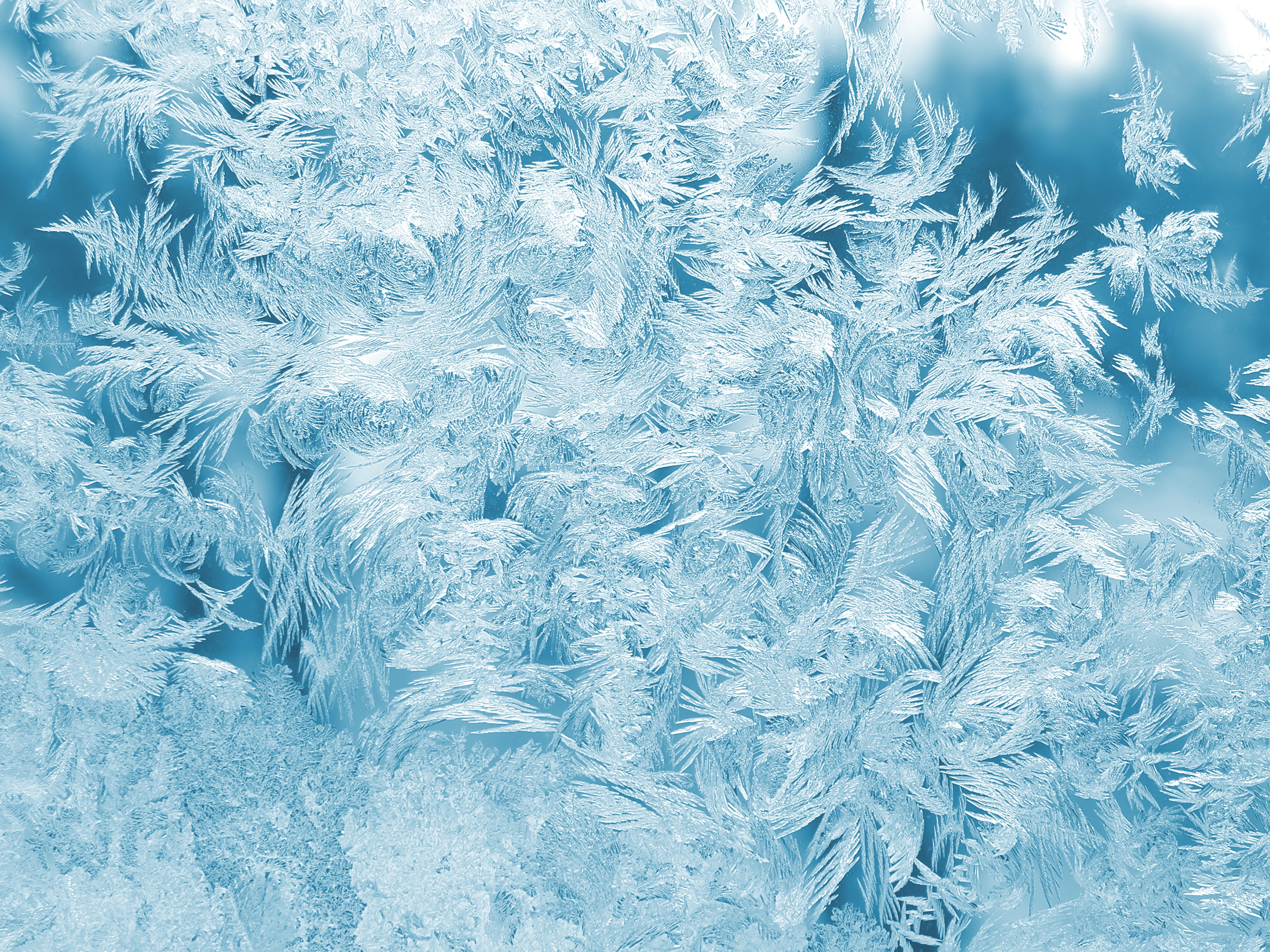Maintenance Tips for Florida Boat Owners
Year-round boating opportunities in Florida may make it easy to ignore proper maintenance schedules. A year-long boating season demands more attention to upkeep. By following a few cold-weather boat maintenance tips, both you and your boat will be able to ensure smooth sailing. By taking care of your boat, trailer, and engine, the chances of a problem occurring on the water is minimized. Here’s what you need to know.
1. Prime the hull

The winter months are a great time to prime your craft. Make sure you handle waxing and compounding the hull and topsides appropriately and as needed. When the weather is absolutely perfect, your boat is, too.
2. Get a Fuel System Inspection

3. Propeller Performance

Check to make sure how the propellers are performing. If a cold front is about to come through and you’re taking a break from boating, turn your attention to the props. They may require a simple cleaning or even some rehabilitation, this is the perfect time to get it done.
4. Winterizing

In order to be prepared for a Florida freeze warning, winterizing your boat is a great way to protect your vessel from damage. Give your craft a thorough cleaning and remove any loose equipment off-board. Consider adding a fuel stabilizer to the engine fuel in order to help prevent varnish from building up. An aerosol fog solution is simple to employ and protects the engine. Drain any water from the engine for obvious reasons. If it freezes and expands, your engine may bend under the strain.
5. Review Checklist

Even if you prefer a DIY approach, it may be best for both you and your boat if you leave the mechanical details to the pros. You can, however, perform all the tasks that don’t require technical expertise. These may include; keeping fittings and moving parts lubricated, cleaning and waxing the finish, checking the drive lubricant and engine oil, making sure that fishing line isn’t wrapped around the prop shaft. Here is a great Timeline and Maintenance Chart checklist to consider when thinking about general upkeep for your boat.
Conclusion
It is important to protect your vessel this winter. Whether you choose to winterize your boat yourself or have someone else do the honors, look at the expense as an opportunity to protect this investment that brings you so much joy. Your craft will be truly in ship-shape and ready to go when you return back to the waters.








